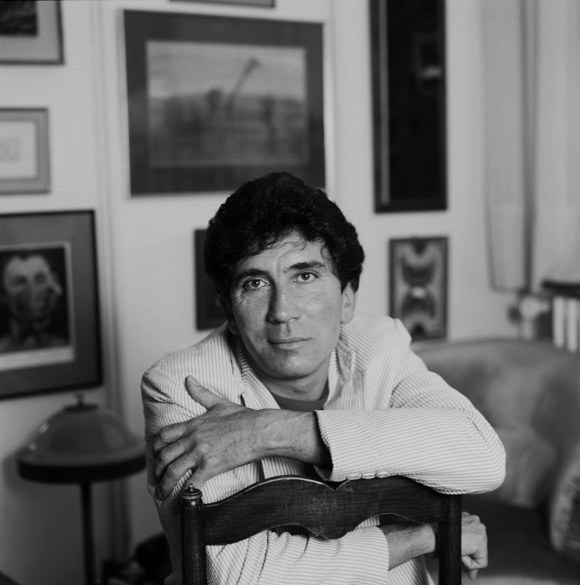

Queer Places:
328 W 44th St, New York, NY 10036
 Reinaldo
Arenas (July 16, 1943 – December 7, 1990) was a Cuban poet, novelist, and
playwright known as an early sympathizer, and later critic of Fidel Castro and
the 1959 revolution, and a rebel of the Cuban government. When the Spanish
novelist Juan Goytisolo went to Havana in 1967, Virgilio Piñera told him all
about revolutionary Cuba’s persecution of gay men. Goytisolo could not help
thinking of all the gay writers he had met in the early 1960s, who had now
been either prosecuted or otherwise silenced: they included Reinaldo Arenas,
Antón Arrufat, José Lezama Lima, Heberto Padilla and Piñera himself.
Reinaldo
Arenas (July 16, 1943 – December 7, 1990) was a Cuban poet, novelist, and
playwright known as an early sympathizer, and later critic of Fidel Castro and
the 1959 revolution, and a rebel of the Cuban government. When the Spanish
novelist Juan Goytisolo went to Havana in 1967, Virgilio Piñera told him all
about revolutionary Cuba’s persecution of gay men. Goytisolo could not help
thinking of all the gay writers he had met in the early 1960s, who had now
been either prosecuted or otherwise silenced: they included Reinaldo Arenas,
Antón Arrufat, José Lezama Lima, Heberto Padilla and Piñera himself.
Arenas was born in the countryside of Aguas Claras, Holguín Province, Cuba, and later moved to the city of Holguín. In 1963, he moved to Havana to enroll in the School of Planification and, later, in the Faculty of Letters at the Universidad de La Habana, where he studied philosophy and literature without completing a degree. The following year, he began working at the Biblioteca Nacional José Martí.[1] While there, his talent was noticed and he was awarded prizes at Cirilo Villaverde National Competition held by UNEAC (National Union of Cuban Writers and Artists).[2] His Hallucinations was awarded "first Honorable Mention" in 1966 although, as the judges could find no better entry, no First Prize was awarded that year.
His writings and openly gay life were, by 1967, bringing him into conflict with the Communist government. He left the Biblioteca Nacional and became an editor for the Cuban Book Institute until 1968. From 1968 to 1974 he was a journalist and editor for the literary magazine La Gaceta de Cuba. In 1974, he was sent to prison after being charged and convicted of "ideological deviation" and for publishing abroad without official consent. He escaped from prison and tried to leave Cuba by launching himself from the shore on a tire inner tube. The attempt failed and he was rearrested near Lenin Park and imprisoned at the notorious El Morro Castle alongside murderers and rapists. He survived by helping the inmates to write letters to wives and lovers. He was able to collect enough paper this way to continue his writing. However, his attempts to smuggle his work out of prison were discovered and he was severely punished. Threatened with death, he was forced to renounce his work and was released in 1976.[3] In 1980, as part of the Mariel Boatlift, he fled to the United States.[4] He came on the boat San Lázaro captained by Cuban emigré Roberto Agüero.
In 1987, Arenas was diagnosed with AIDS; he continued to write and speak out against the Cuban government. He mentored many Cuban exile writers, including John O'Donnell-Rosales. After battling AIDS, Arenas died of an intentional overdose of drugs and alcohol on December 7, 1990, in New York City. In a suicide letter written for publication, Arenas wrote:
Due to my delicate state of health and to the terrible depression that causes me not to be able to continue writing and struggling for the freedom of Cuba, I am ending my life...I want to encourage the Cuban people abroad as well as on the Island to continue fighting for freedom... Cuba will be free. I already am.[5]
In 2012 Arenas was inducted into the Legacy Walk, an outdoor public display which celebrates LGBT history and people.[6]
My published books: